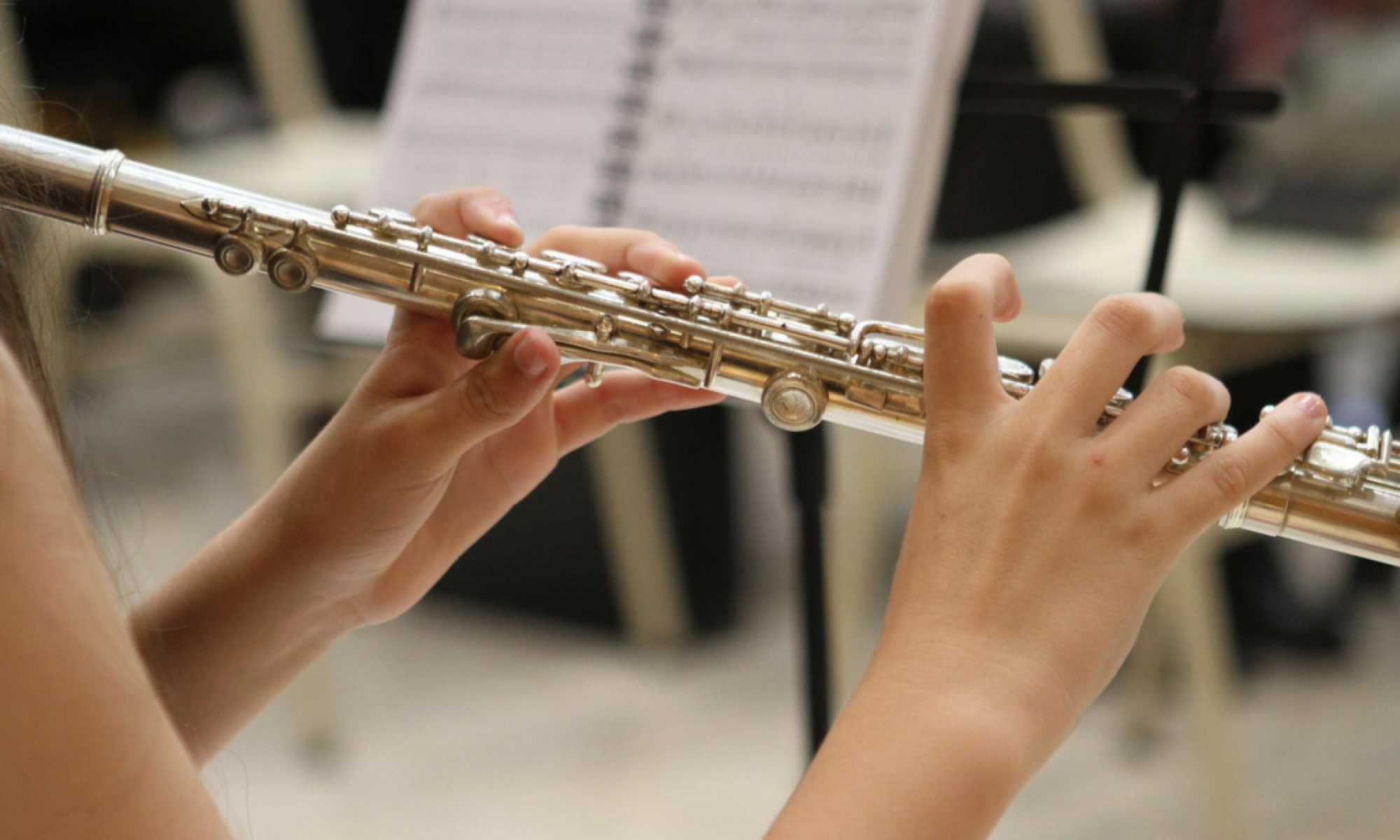As we had proposal presentations this week, we worked hard on finishing up our slides, ensuring that they were done far enough in advance that Ankit, our TA, would be able to give us feedback on our schedule. Here, Ankit had mentioned the possibility of converting our hardware systems (like the microcontroller of an arduino) be done solely in software instead, as it would function a lot faster. We are currently considering this option: Since we would ideally like to convert this system into real time, it would be best for faster processing. However, this could result in changes on how we approach tasks, like rhythm detection. We are planning on reaching out to Ankit again to talk this over further.
Last week, we also meet with Professor Dueck and other musicians to discuss what our project looks like and how the music department could contribute to our project, such as allowing us to work in her studio to test the flutes in a relatively noiseless environment, which would be best for a bare bones working project. Additionally, she connected us with Professor Almarza, who will be helping us find some flutists to help test our project.
After this, we experimented with looking at some straight tone flute signals and seeing how this pitch would appear in Matlab. This is to get more insight in getting a bare bones project up and working.

Currently, our most significant risk would be switching the project and having unforeseen consequences and then having to backtrack to the hardware idea, which is a little more fleshed out due to past project references. These risks could be managed by discussing this further with our TA and staff, like Professor Sullivan. As such, this might pose a possible change to the existing design, specifically the system spec, to help with the speed. Overall, we feel that we are on track and excited to see where our project tasks us as well as work collaboratively with CMU musicians to get their feedback throughout the process.
